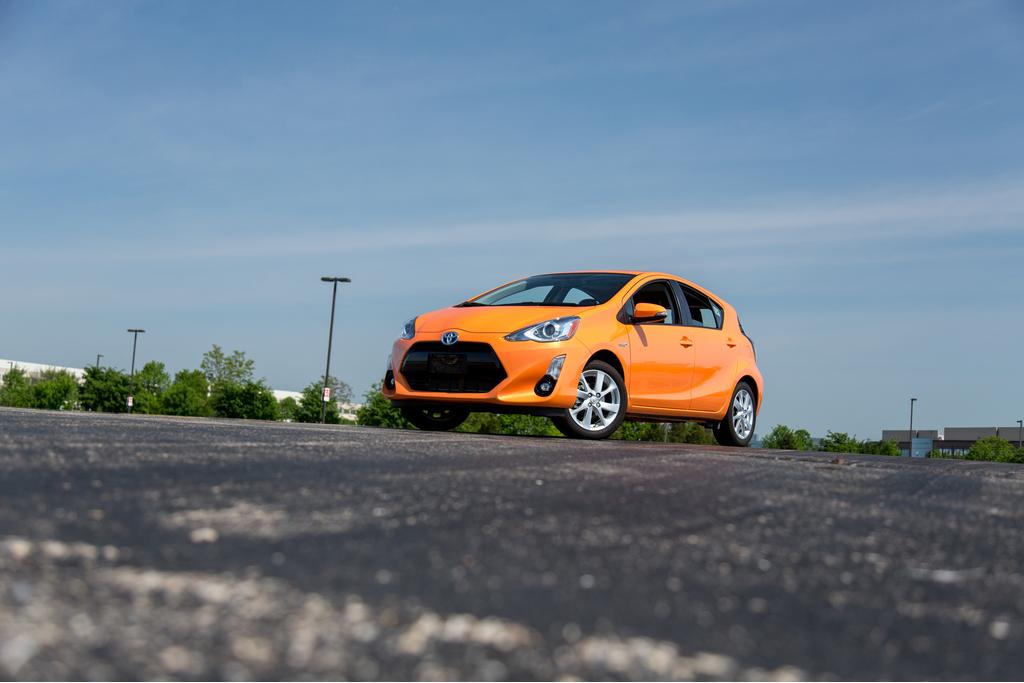
Toyota and its Lexus luxury division topped Consumer Reports' 2015 annual reliability study (subscription required), but Audi climbed to a best-ever third place among the 28 brands ranked. The German luxury brand, a subsidiary of the Volkswagen Group, had its best showing ever in CR's annual study, which the magazine claims to draw from a subscriber base with more than 740,000 vehicles.
Related: Toyota, GM Top J.D. Power Dependability Study; Fiat Chrysler Rounds Out Bottom
Toyota's top marks come because it relies on proven technology.
"Major updates turn reliability down," said Jake Fisher, Consumer Reports' director of auto testing. Toyota and Lexus, by contrast, "very rarely launch everything new. You look at Corolla and Camry, you know. The last few redesigns have been almost freshenings: carryover powertrain, sometimes even the same wheelbase."
That could make the redesigns seem like snoozers, but "being slow and conservative has paid off in terms of reliability," Fisher said.
Audi has followed something of the same tact. CR points to the tiny Q3 SUV, which it calls the most reliable new car in this year's survey. But the Q3 isn't technically all new; it went on sale overseas years ago.
Audi has "a pretty mature product line, which helps them," Fisher said. "Even when they introduce vehicles, they're not exactly new."
Overhauled lineups can bedazzle consumers in the showroom, but lots of new technology can be a recipe for poor reliability.
"What we've seen in the last several years is [that cars are] not getting more or less reliable, but what goes on is changing," Fisher said. "We're seeing less major mechanical malfunctions. We're seeing less engine problems and fuel system problems and suspension problems. What we're seeing is more of the new technology having issues."
That means multimedia systems and — increasingly this year — transmission problems, he said. Dual-clutch automatics, nine-speed units and even continuously variable automatic transmissions are prone to bugaboos.
Honda offers all three types of transmissions and ratings for many of its cars fell this year. The redesigned Fit and refreshed CR-V — both former reliability studs — slipped, and consumers reported poor reliability for the RLX and TLX, two sedans from Honda's Acura luxury brand. CR says transmission problems dogged the TLX, while electronic issues affected both cars.
Here are the 28 brands, ranked from most to least reliable by Consumer Reports for 2015. Note that CR excluded Jaguar, Land Rover, Mitsubishi, Scion, Smart and Tesla because it didn't have enough data on at least two vehicles.
1. Lexus
2. Toyota
3. Audi
4. Mazda
5. Subaru
6. Kia
7. Buick
8. Honda
9. Hyundai
10. Mini
11. BMW
12. Volvo
13. Volkswagen
14. Porsche
15. Nissan
16. Lincoln
17. Ford
18. Acura
19. GMC
20. Chevrolet
21. Mercedes-Benz
22. Chrysler
23. Dodge
24. Infiniti
25. Cadillac
26. Ram
27. Jeep
28. Fiat
Three Fiat Chrysler Automobiles brands fell to the survey's bottom: Ram, Jeep and Fiat. FCA has long faltered in reliability studies from both Consumer Reports and J.D. Power and Associates, and this year appears no different.
FCA had several of the worst scores in CR's predicted reliability, which it bases on overall scores from up to three model years of survey data. The Chrysler 300 (99 percent worse than average), Ram 2500 (153 percent worse), Jeep Cherokee (250 percent worse) and Fiat 500L (276 percent worse) all ranked at the bottom of their respective segments.
It's "more of the same from Chrysler," Fisher said. "Look at the [Jeep] Cherokee and compare its rivals. Most small SUVs, they don't have lane-keeping assist. They don't have nine-speed automatics. They don't have the technology and the flashy styling that we see in the Cherokee. They also have much better reliability."
Our own experience with a long-term Cherokee suggests as much.
Matt Liddane, vice president of quality at FCA's U.S. arm, responded in a statement that the automaker is "significantly accelerating our pace of improvement for our entire product lineup. We compete with many other global players in an industry that's always evolving and is certainly not standing still; so, we need to continue to push harder."
What are some of the bright spots? The Toyota Prius c (85 percent better than average), Audi Q5 (94 percent better than average) and BMW 2 Series (85 percent better than average) all had strong reported reliability.
The debate rages on in today's quality surveys as to whether owners are reporting things that break versus things they simply don't like. A slow multimedia system might seem like a problem, after all, even if it works as designed.
CR defends that its survey measures problems, not dislikes.
"We draw a pretty strict line between the two," Fisher said. "We're talking about, 'You had to bring it back to the dealer to get it fixed.' It's not about, 'I don't like the way this thing works,' or 'it does this thing that's really annoying.' "
No comments:
Post a Comment